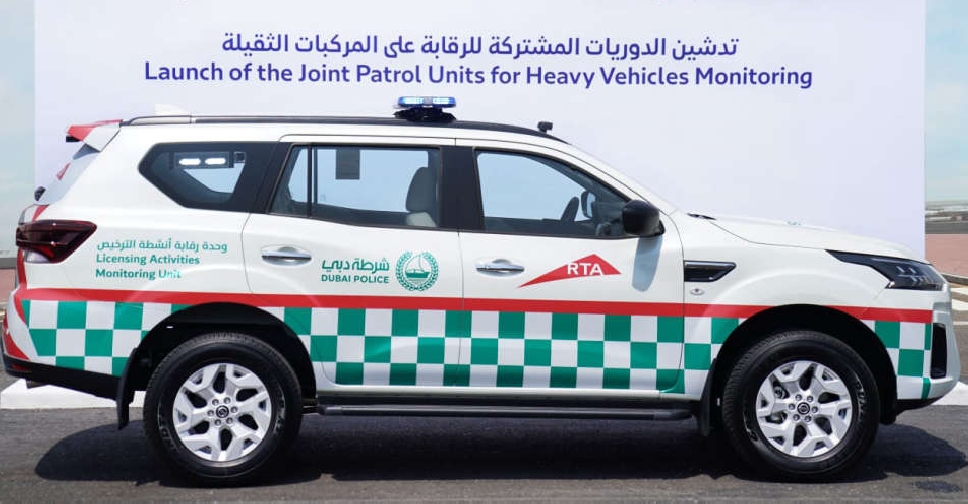
Dubai's Roads and Transport Authority (RTA) and Dubai Police General Headquarters have launched the Joint Patrol Units for Heavy Vehicles Monitoring and enforcing technical compliance among heavy vehicles in Dubai.
The patrol units are part of coordinated efforts to enhance inspection campaigns and expand coverage across six major roads, Sheikh Mohammed bin Zayed Road, Emirates Road, Al Khail Road, Ras Al Khor Road, Al Maktoum Airport Road, and Dubai-Al Ain Road.
Assistant Commandant for Operations Affairs at Dubai Police, Major General Abdullah Ali Al Ghaithi, explained, “The launch of Joint Patrol Units for Heavy Vehicles Monitoring and enforcing heavy vehicle compliance on Dubai’s key roads is part of the ongoing cooperation between Dubai Police and RTA to implement the 5-Year Executive Plan for the Traffic Safety Strategy. This strategy focuses on four key areas: traffic monitoring and enforcement, road and vehicle engineering, traffic awareness, and the development of systems and management.”
He urged heavy vehicle drivers to adhere to traffic laws, follow speed limits, maintain safe distances, conduct regular vehicle inspections, take necessary breaks on long journeys, avoid distractions, and ensure tyre safety.
Al Ghaithi praised the strong partnership between Dubai Police and RTA, which has enhanced coordination and contributed significantly to reducing traffic fatalities and achieving the objectives of Dubai’s traffic safety strategy.
With 73,861 registered heavy vehicles, RTA is dedicated to improving business practices, simplifying regulations, modernising fleets with zero-emission vehicles, improving driver behaviour and vehicle performance, supporting SMEs, and accelerating the adoption of modern transport technologies.
The RTA has recently completed 10 truck rest stops out of 16 planned, developed in partnership with ADNOC, located along Sheikh Mohammed bin Zayed Road, Emirates Road, Dubai-Hatta Road, Dubai-Al Ain Road, Jebel Ali-Lehbab Road, and Al Awir Road.
The rest stops are equipped with facilities such as prayer rooms, diesel refuelling stations, and rest areas for drivers.

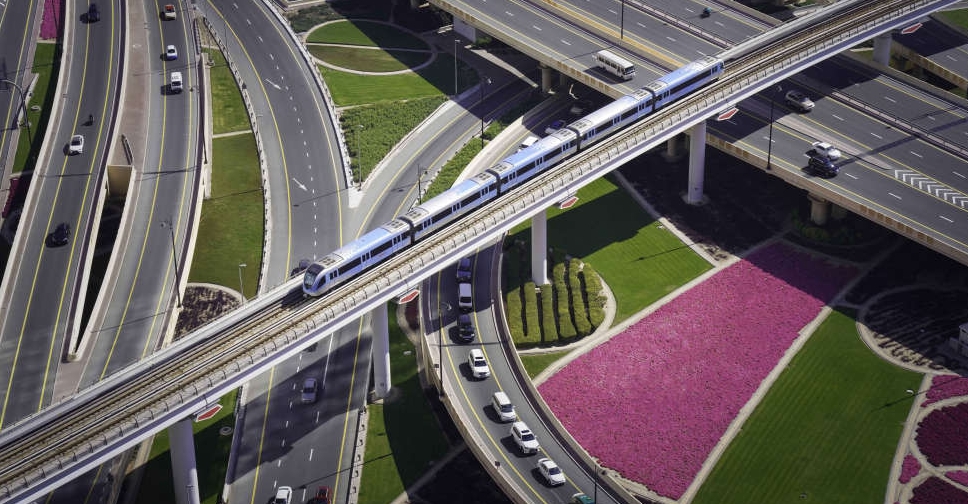 Dubai's GGICO metro station to be renamed
Dubai's GGICO metro station to be renamed
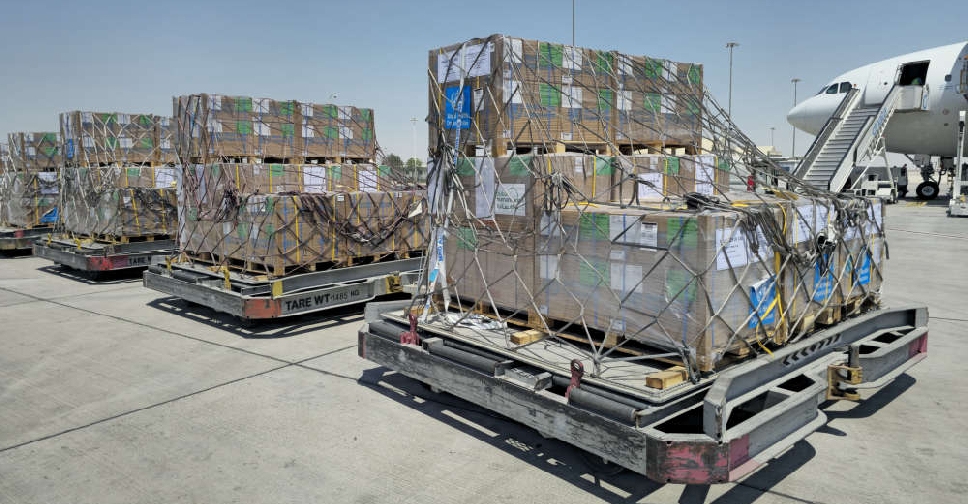 Dubai airlifts urgent medical aid to Myanmar
Dubai airlifts urgent medical aid to Myanmar
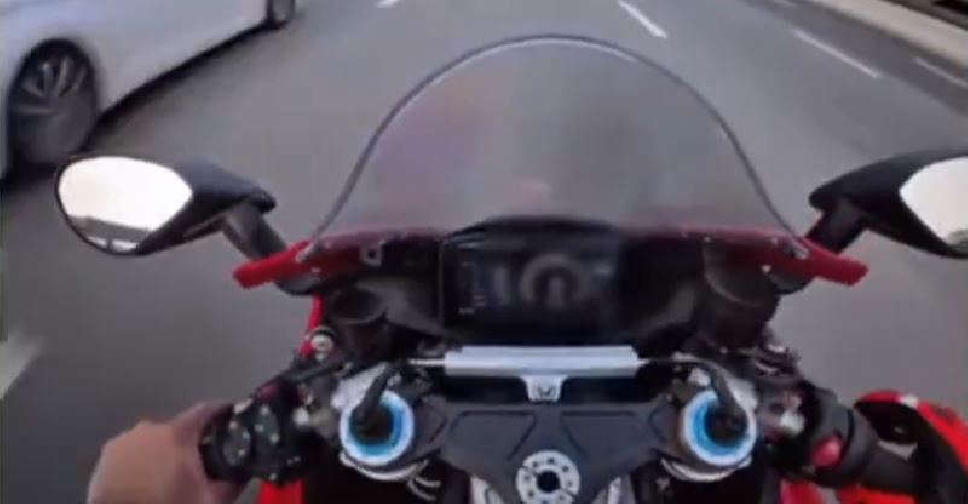 Dubai Police arrests biker after viral stunt videos
Dubai Police arrests biker after viral stunt videos
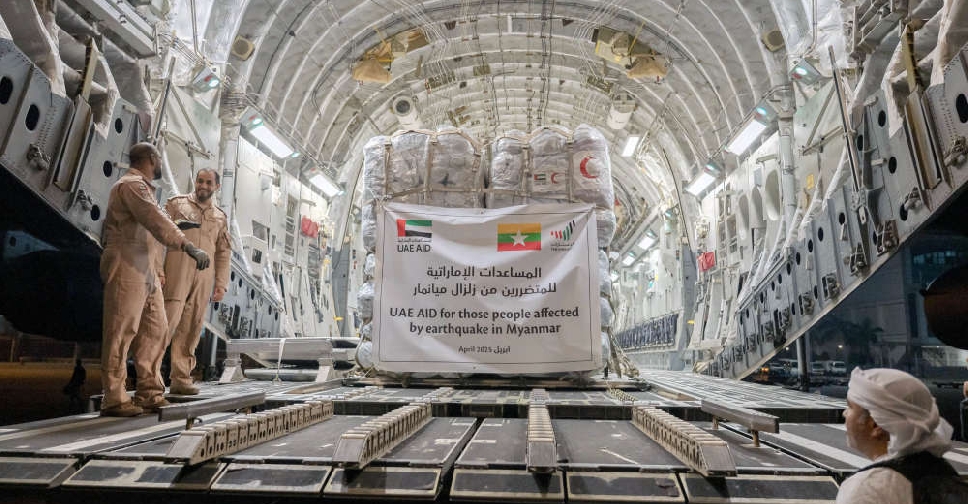 UAE delivers urgent humanitarian aid to Myanmar
UAE delivers urgent humanitarian aid to Myanmar
